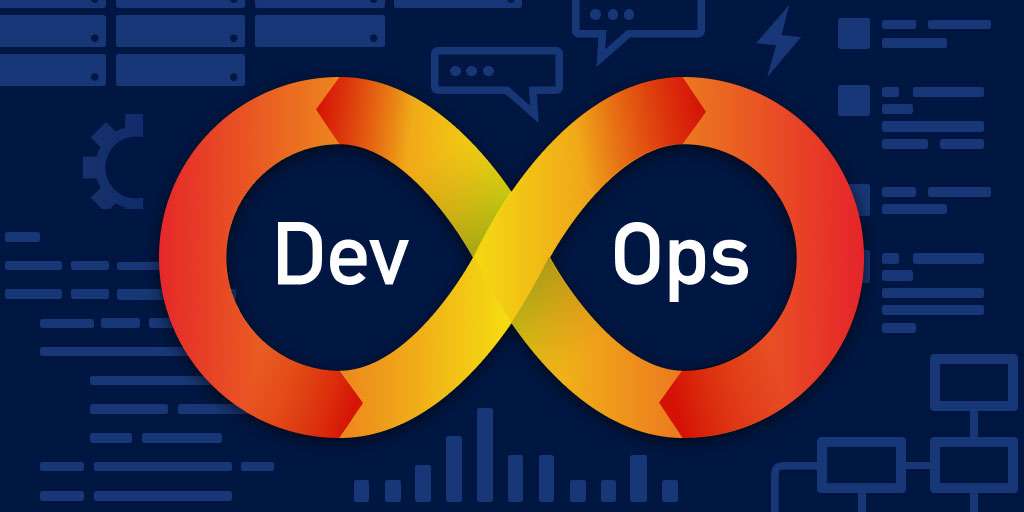In today’s rapidly evolving digital era, mastering the DevOps landscape is crucial for businesses aiming to achieve seamless integration and operational excellence. This article explores strategic approaches and best practices that empower organizations to effectively navigate the intricate DevOps terrain.
Understanding DevOps Essentials
DevOps, a fusion of “development” and “operations,” emphasizes collaboration and communication between software development and IT operations teams. Its primary goal is to streamline workflows, automate processes, and foster a culture of continuous improvement.
Embracing Automation for Enhanced Efficiency
Automation is central to DevOps success. By automating tasks like code testing, deployment, and infrastructure provisioning, teams can speed up delivery cycles and reduce errors. Tools like Jenkins, Ansible, and Docker play a crucial role in enabling seamless automation across the development pipeline.
Implementing Continuous Integration and Deployment (CI/CD)
CI/CD practices enable teams to integrate code changes regularly and deploy them swiftly and securely into production environments. This iterative approach improves code quality, accelerates delivery, and minimizes downtime, ensuring a smooth transition from development to production.
Leveraging Cloud Technologies for Scalability
Cloud platforms offer scalability, flexibility, and cost-efficiency, making them essential in modern DevOps strategies. Whether using Infrastructure as Code (IaC) with AWS CloudFormation or deploying applications on Kubernetes clusters, cloud technologies empower teams to scale resources dynamically and optimize performance.
Prioritizing Security with DevSecOps
Security is a critical concern in DevOps environments. Embracing DevSecOps practices seamlessly integrates security measures into the development pipeline, ensuring that security is an integral part of the process rather than a bottleneck. Tools like SonarQube and OWASP ZAP aid in code analysis and vulnerability detection.
Cultivating a Collaborative Culture
DevOps thrives in an environment of collaboration and cross-functional teamwork. Encouraging open communication, shared responsibility, and knowledge sharing fosters a collaborative culture where teams work cohesively towards common objectives, driving innovation and efficiency.
Embracing Continuous Learning and Improvement
Continuous learning is essential for DevOps excellence. Encouraging ongoing skill development, adopting emerging technologies, and conducting regular retrospectives foster a culture of continuous improvement, driving innovation and resilience in dynamic environments.
Conclusion: Achieving DevOps Success
In conclusion, mastering the DevOps landscape requires strategic alignment, automation, cloud adoption, security integration, collaborative culture, and a commitment to continuous learning. By implementing these strategies, organizations can effectively navigate the DevOps journey, achieving seamless integration, faster delivery, and heightened business agility in today’s competitive landscape.
#DevOps #ContinuousIntegration #ContinuousDeployment #AutomationInDevOps
#CloudTechnologies #DevSecOps #CollaborativeCulture #InfrastructureAsCode
#Containerization #AgileDevOps #CI_CD #DevOpsTools #DigitalTransformation
#CloudNative #DevOpsJourney

